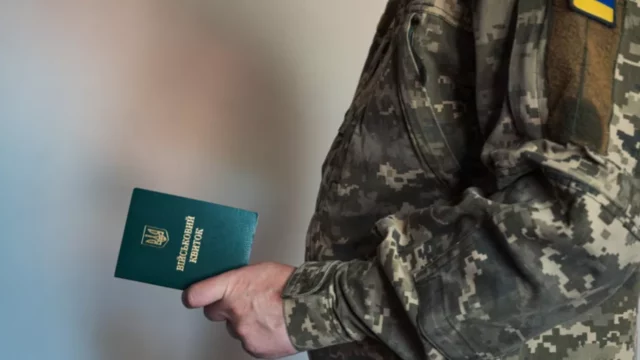Insights from Former Servicemen: Navigating Conflict and Moral Dilemmas
In a heartfelt discussion captured by The Guardian, two former servicemen, Pavlo Pimahov and Yuriy Pihota, opened up about their experiences during the ongoing conflict in Ukraine. Their stories provide a lens into the complexities of war and the psychological hurdles faced by those who answered the call to serve.
The Journey to Service
Before the war erupted, Pimahov, a former used car salesman, and Pihota, who was working in construction in Israel, could never have imagined they would find themselves on the front lines of conflict. When the war began, both men chose to volunteer, driven by a sense of duty and patriotism. Unfortunately, their initial plans were cut short when they were injured in combat, leading them to contribute in a different capacity at TCK.
The Emotional Toll of Service
One of the most striking observations made by both men was how civilians react when approached by servicemen. Pimahov candidly shared, «Every time we approach someone, they seem to step back, almost as if they are trying to disappear.» This reflexive response highlights a significant gap in the connection between the service members and the civilians:
- Fear and anxiety can cloud a person’s reaction when faced with authority.
- Those who serve often carry a burden of expectation and judgment, feeling slighted when civilians avoid their duties.
Pimahov expressed a mixture of disappointment and understanding regarding those who evade military service: «I don’t judge people who dodge military service, but it stings. We stood in long lines to volunteer, and it feels like those who should fight are trying everything to escape that responsibility.» This sentiment reflects a broader social tension experienced in many countries during wartime.
The Impact on Conscripts
During their interaction with journalists, Pimahov and Pihota highlighted a crucial reality: «The fate of each conscript may change.” They experienced firsthand the reality of summoning individuals, like Ruslan, a 40-year-old man from the Sumy region. He shared his own hesitation: «I didn’t sign up earlier due to some health issues, leg pain. But I am willing to go if they call me.”
This remark illustrates a deeper issue—a population divided by fear, health concerns, and a sense of duty. It also underscores the importance of having comprehensive support systems available for potential conscripts, ensuring they feel understood and prepared for what lies ahead.
What Can We Learn?
The narratives shared by Pimahov and Pihota are a profound reminder of the human side of conflict. They present several key takeaways:
- Understanding the psychological barriers civilians face is essential for fostering connection and empathy.
- Creating open dialogues about service can alleviate tensions and promote solidarity among community members.
- Comprehensive health evaluations and mental health support are vital for those considering military service, ensuring they are prepared both physically and emotionally.
In conclusion, as we reflect on the experiences of these former servicemen, it becomes increasingly clear that war does not just affect those on the battlefield—it reverberates throughout the entire community. By sharing their stories, Pimahov and Pihota compel us to consider the moral complexities of military service, the sacrifices made, and the understanding necessary to bridge the gap between service members and civilians.






